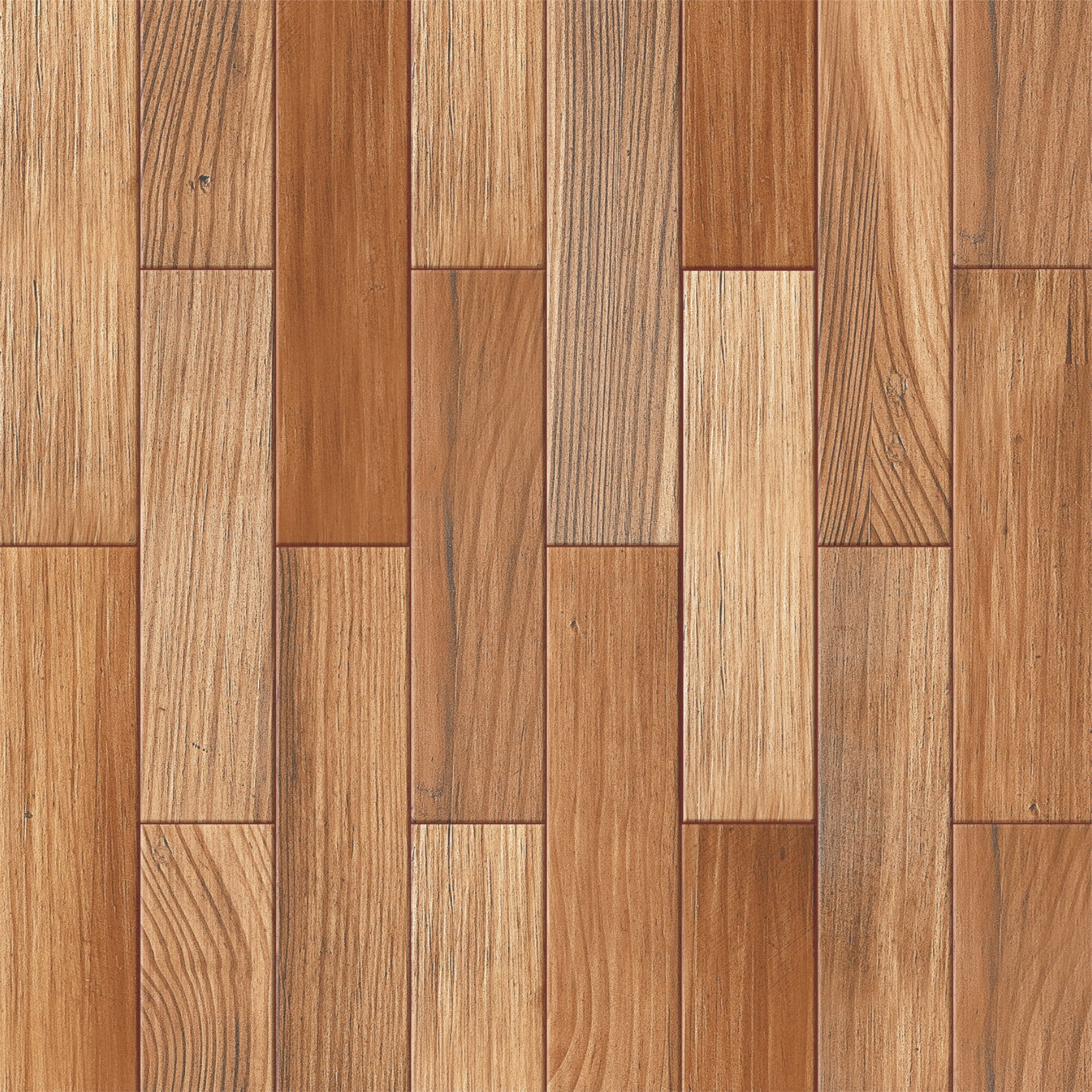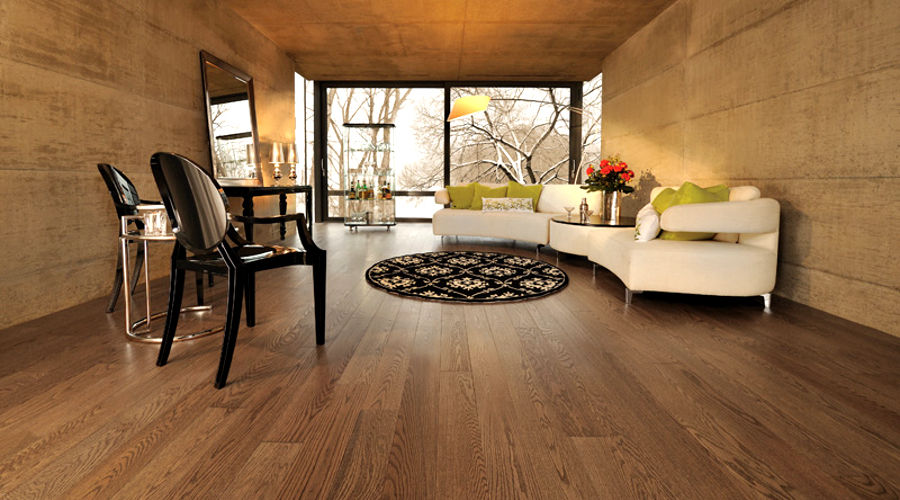Floor Mats For Pickup Trucks: Your Ultimate Guide to Protection, Preservation, and Practicality pickup.truckstrend.com
Pickup trucks are more than just vehicles; they’re workhorses, adventure companions, and often, extensions of our personal or professional identities. From hauling tools and equipment to traversing muddy trails or snowy landscapes, a truck’s interior takes a beating. Among the most vulnerable areas are the floors, constantly exposed to dirt, spills, mud, snow, and general wear and tear. This is where high-quality floor mats for pickup trucks step in, transforming from a simple accessory into an indispensable shield that protects your investment, enhances safety, and simplifies maintenance.
Far beyond mere aesthetics, the right set of floor mats acts as the first line of defense against the elements and everyday grime that threaten to degrade your truck’s interior. They are designed to trap debris, contain spills, and prevent the constant friction that wears down your original carpeting. In this comprehensive guide, we’ll delve deep into the world of pickup truck floor mats, exploring their importance, the various types available, key considerations for choosing the best fit, and essential tips for installation and maintenance.
Floor Mats For Pickup Trucks: Your Ultimate Guide to Protection, Preservation, and Practicality
Why Invest in Quality Floor Mats for Your Pickup? The Unsung Benefits
The decision to invest in premium floor mats for your pickup truck is a wise one, offering a multitude of benefits that extend far beyond simply keeping your carpets clean.
- Superior Interior Protection: This is the primary function. High-quality mats create a robust barrier against mud, dirt, sand, snow, water, spilled drinks, food crumbs, and anything else that finds its way into your truck. They prevent these contaminants from soaking into the factory carpeting, which can lead to stains, odors, and premature wear.
- Preserving Resale Value: A well-maintained interior significantly boosts your truck’s resale value. Stained, worn, or damaged carpets are immediate red flags for potential buyers and can drastically devalue your vehicle. Floor mats protect the original flooring, keeping it pristine and ensuring your truck retains more of its worth over time.
- Enhanced Safety: Modern floor mats, especially custom-fit options, are designed with advanced retention systems (like nibs, cleats, and anchor points) that prevent them from shifting or bunching up under your pedals. This crucial safety feature ensures your foot has unrestricted access to the accelerator, brake, and clutch, preventing dangerous situations caused by misplaced mats.
- Easier Cleaning and Maintenance: Cleaning a set of rubber or thermoplastic floor mats is infinitely easier than deep-cleaning stained factory carpet. Most durable mats can simply be removed, hosed down, scrubbed, and dried, saving you time and effort compared to professional detailing or tedious spot cleaning of your truck’s permanent flooring.
- Improved Aesthetics and Customization: While protection is paramount, floor mats also contribute to your truck’s interior aesthetics. Available in various materials, colors, and styles, they can complement your truck’s interior design, adding a touch of personalization and a cleaner, more finished look.
- Noise Reduction and Comfort: Thicker carpet mats can offer a slight degree of sound dampening, contributing to a quieter cabin. Some materials also provide a more comfortable underfoot experience.

Types of Floor Mats for Pickup Trucks: Choosing Your Shield
The market offers a diverse range of floor mats, each with its own characteristics, pros, and cons. Understanding these differences is key to selecting the right set for your specific needs and lifestyle.
1. Carpet Mats

- Description: Typically made from nylon, polyester, or polypropylene fibers, similar to your truck’s original carpeting. They come in various pile heights and densities.
- Pros: Offer a soft, comfortable feel; can reduce cabin noise; provide a factory-original or customized aesthetic; often more affordable.
- Cons: Less resistant to spills and stains; absorb moisture and odors; harder to clean thoroughly; less durable against heavy wear and tear; can be prone to slipping if not properly anchored.
- Best For: Drivers in dry climates, those who prioritize comfort and aesthetics, or individuals with light-duty use.

2. Rubber / All-Weather Mats
- Description: Constructed from heavy-duty rubber or synthetic rubber compounds. They often feature deep channels, ridges, and reservoirs designed to trap water, mud, snow, and spills.
- Pros: Highly durable and long-lasting; excellent water and stain resistance; very easy to clean (just hose them off); provide superior grip to prevent slipping; ideal for harsh conditions.
- Cons: Can be heavier and less aesthetically pleasing than carpet mats; some may have a distinct rubber odor initially.
- Best For: Truck owners in wet, snowy, or muddy environments; those who frequently transport pets, tools, or outdoor gear; anyone needing maximum protection and easy cleanup.
3. Thermoplastic (TPE) / Custom-Fit Liners
- Description: Represent the pinnacle of floor protection. Made from advanced thermoplastic elastomer (TPE), these liners are typically laser-measured to precisely fit the contours of your specific truck’s floor. They feature high, rigid walls that extend up the side of the footwell, offering unparalleled containment.
- Pros: Unmatched, precise fit (like a second skin); superior protection with high walls that trap virtually everything; extremely durable and resistant to chemicals, extreme temperatures, and fading; lightweight compared to thick rubber; easy to clean.
- Cons: Generally the most expensive option; can have a more utilitarian look than carpet mats.
- Best For: Truck owners seeking the ultimate in protection and a factory-like fit; those in extreme climates or demanding work environments; individuals looking to maximize their truck’s resale value. Brands like WeatherTech, Husky Liners, and Smartliner are prominent in this category.
4. Vinyl Mats
- Description: Made from PVC vinyl, these mats are often a more budget-friendly alternative to rubber. They are waterproof and typically feature a textured surface for grip.
- Pros: Waterproof, relatively durable, easy to clean, affordable.
- Cons: Can be stiffer and less flexible than rubber; may offer less grip on the vehicle floor; often less aesthetically refined.
- Best For: Budget-conscious buyers needing basic waterproof protection, often seen in older trucks or utility vehicles.
Key Considerations When Choosing Floor Mats
Selecting the perfect floor mats involves more than just picking a color. Consider these critical factors to ensure you get the best protection for your investment:
- Fit Type: The Deciding Factor:
- Universal Fit: Designed to fit a wide range of vehicles, but rarely perfectly. They offer minimal coverage and protection, often leaving gaps. While cheapest, they are the least effective and can be a safety hazard if they slide.
- Semi-Custom Fit: Better than universal, these are designed for a specific vehicle class or size. They offer improved coverage but still won’t hug every contour of your truck’s floor.
- Custom-Fit (Laser-Measured): This is the gold standard. These mats are precisely engineered using laser scanning of your truck’s interior, providing a snug, edge-to-edge fit. They offer maximum coverage, including over the transmission hump in the rear, and utilize factory retention posts for safety. While more expensive, the investment is well worth the superior protection and safety.
- Material Durability and Resistance: Consider your lifestyle. If you’re constantly tracking in mud or snow, a rugged, waterproof material like TPE or heavy-duty rubber is essential. For lighter use, carpet may suffice. Check for resistance to UV rays, chemicals, and extreme temperatures.
- Coverage Area: Do you need full front and rear coverage, including over the center hump? High-sided walls are crucial for containing spills and debris. Some sets include protection for the threshold or kick panels.
- Retention System: Ensure the mats have a secure way to stay in place, whether it’s through factory anchor points, non-slip nibs on the back, or a combination. This is vital for safety.
- Climate and Lifestyle: Your local weather conditions and how you use your truck should heavily influence your choice. Snowy winters demand deep channels and high walls, while sunny, dusty environments benefit from materials that resist fading and are easy to shake out.
- Ease of Cleaning: If you hate spending time cleaning, opt for materials that can be quickly hosed down and dried.
- Budget: While quality mats are an investment, there’s a range of prices. Balance your budget with the level of protection and features you require.
- Brand Reputation and Warranty: Research reputable brands known for quality and customer service. A good warranty indicates a manufacturer’s confidence in their product.
Installation and Maintenance of Pickup Truck Floor Mats
Getting the most out of your floor mats involves proper installation and regular care.
Installation: Simple Steps for Safety
- Remove Old Mats: Always remove any existing floor mats or liners before installing new ones. Stacking mats can interfere with pedal operation, creating a severe safety hazard.
- Clean Floor: Vacuum and clean the truck’s original carpet thoroughly before placing new mats. This helps prevent trapped dirt and odors.
- Align and Secure: Carefully position the new mats, ensuring they align perfectly with the contours of your floor. Secure them using the factory retention clips or hooks. Press down firmly to engage any anti-slip nibs on the mat’s underside.
- Check Pedal Clearance: Crucially, after installation, sit in the driver’s seat and check that the mats do not interfere with the full range of motion of the accelerator, brake, and clutch pedals. If there’s any interference, re-adjust or reconsider the fit.
Cleaning and Maintenance: Keeping Them Pristine
The ease of cleaning is one of the biggest advantages of quality floor mats.
- Rubber/TPE/Vinyl Mats:
- Remove the mats from the truck.
- Shake off loose dirt and debris.
- Hose them down with water.
- For stubborn dirt, use a stiff brush and mild soap (dish soap works well) or a dedicated automotive interior cleaner.
- Rinse thoroughly to remove all soap residue.
- Allow them to air dry completely before reinstalling to prevent moisture buildup and odors. Avoid placing them back in the truck wet, especially if your truck has carpeted floors underneath.
- Carpet Mats:
- Remove from the truck.
- Shake out loose dirt.
- Vacuum thoroughly.
- For stains, use an automotive carpet cleaner following the product instructions. Blot, don’t rub.
- Allow to dry completely before returning to the truck.
Tips for Longevity:
- Clean regularly, especially after heavy use or exposure to mud/snow.
- Avoid using harsh chemicals or silicone-based products on rubber/TPE mats, as they can make surfaces slippery or degrade the material over time.
- Consider using a UV protectant spray specifically designed for automotive plastics/rubber to prevent fading and cracking if your truck is frequently parked in direct sunlight.
Common Challenges and Solutions
Even with the best mats, some issues can arise. Here’s how to address them:
- Mats Slipping: The most common and dangerous issue.
- Solution: Always choose custom-fit mats that utilize factory retention hooks or strong anti-slip nibs. Ensure they are correctly installed and anchored. Never stack mats.
- Inadequate Coverage: Universal mats often leave areas exposed.
- Solution: Invest in custom-fit liners with high walls and extended coverage, especially for the dead pedal area and the transmission hump.
- Persistent Odor: Can occur if mats are not dried thoroughly or if contaminants are trapped.
- Solution: Ensure mats are completely dry after cleaning. For deep-set odors, use an odor-eliminating spray designed for automotive interiors or a mixture of white vinegar and water (rinse thoroughly).
- Stiffness in Cold Weather: Some rubber compounds can become rigid in extreme cold.
- Solution: High-quality TPE mats are generally more flexible across a wider temperature range. Allow cold mats to warm up slightly in the truck before attempting to remove or manipulate them.
- Discoloration or Fading: Over time, some materials can fade from UV exposure.
- Solution: Choose mats with UV-resistant properties. Regular cleaning and occasional application of a UV protectant can help prolong their color and integrity.
Price Table: An Overview of Floor Mat Costs
Prices for pickup truck floor mats vary significantly based on material, fit type, brand, and vehicle model. The table below provides estimated price ranges for a complete set (front and rear).
| Mat Type | Material | Fit Type | Key Features | Estimated Price Range (Full Set) | Best For |
|---|---|---|---|---|---|
| Carpet Mats | Nylon, Polyester, Polypropylene | Universal, Semi-Custom, OEM Custom | Soft feel, noise reduction, basic protection, various colors, comfortable | $40 – $150 | Everyday use, mild climates, comfort, budget-conscious, aesthetics |
| Rubber/All-Weather Mats | Heavy-Duty Rubber | Universal, Semi-Custom, Custom | Waterproof, durable, deep channels for liquids, anti-slip backing, rugged | $60 – $200 | Heavy use, wet/muddy conditions, easy cleaning, durability, pet owners |
| Thermoplastic (TPE) Mats | Thermoplastic Elastomer (TPE) | Custom (Laser-Measured) | Precise fit, high walls, rigid structure, extreme protection, lightweight | $150 – $300+ | Ultimate protection, harsh environments, preserving resale value, custom look |
| Vinyl Mats | PVC Vinyl | Universal, Semi-Custom | Water-resistant, durable, often textured for grip, very basic protection | $30 – $100 | Basic protection, utility, very budget-friendly, older trucks |
Note: These prices are estimates and can vary significantly based on brand (e.g., WeatherTech, Husky Liners, Smartliner, OEM), specific vehicle model, and retailer promotions. Premium custom-fit TPE liners for larger trucks or specific models can exceed $300.
Frequently Asked Questions (FAQ)
Q1: Are custom-fit floor mats really worth the extra cost?
A1: Absolutely. Custom-fit mats provide superior protection by covering every contour of your truck’s floor, including high walls to contain spills. They also offer enhanced safety by utilizing factory retention systems, ensuring they stay securely in place and don’t interfere with pedals. The investment often pays for itself in preserved resale value and reduced cleaning efforts.
Q2: How often should I clean my floor mats?
A2: It depends on your usage. For light use, once a month might be sufficient. If you frequently track in mud, snow, or dirt, or spill things, clean them as often as needed, perhaps weekly or bi-weekly. Regular cleaning extends their lifespan and keeps your truck’s interior fresh.
Q3: Can I put new floor mats over my old ones?
A3: No, never. Stacking floor mats is a significant safety hazard. It can cause the mats to bunch up, slide, and interfere with the operation of your accelerator, brake, or clutch pedals, leading to dangerous situations. Always remove old mats before installing new ones.
Q4: Do floor mats affect pedal operation?
A4: Poorly fitted or universal mats that slide or bunch up can absolutely interfere with pedal operation. This is why it’s crucial to choose custom-fit mats that use retention systems and ensure they are properly installed and do not impede pedal movement.
Q5: What’s the main difference between rubber and TPE (Thermoplastic Elastomer) mats?
A5: While both are excellent for all-weather protection, TPE mats are typically more rigid and precisely molded, allowing for higher, more defined walls and a more "liner" like fit. They are often lighter and more resistant to extreme temperatures and chemicals than traditional rubber, offering superior containment and a more custom appearance.
Q6: Will universal mats fit my truck?
A6: Universal mats are designed to "fit" a wide range of vehicles, meaning they might loosely sit on your truck’s floor. However, they will not offer precise, edge-to-edge coverage or high-wall protection, leaving areas vulnerable to spills and dirt. They are generally not recommended for optimal protection or safety.
Q7: Do floor mats come with a warranty?
A7: Many reputable brands, especially those offering custom-fit TPE or high-quality rubber mats, provide warranties ranging from limited lifetime to several years. Always check the warranty information before purchasing, as it reflects the manufacturer’s confidence in their product’s durability.
Conclusion
Floor mats for pickup trucks are far more than just accessories; they are fundamental components for protecting your vehicle’s interior, preserving its value, and enhancing your driving experience. From the rugged utility of all-weather rubber to the precision engineering of custom-fit thermoplastic liners, there’s a perfect mat solution for every truck owner and every lifestyle.
By understanding the different types, considering key factors like fit and material, and committing to simple installation and maintenance practices, you can ensure your truck’s interior remains as robust and ready for action as the truck itself. Investing in quality floor mats is a small decision that yields significant returns, offering peace of mind and keeping your pickup looking its best, mile after muddy mile.



